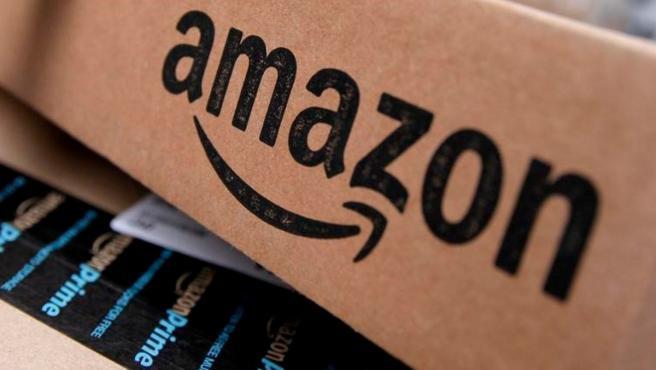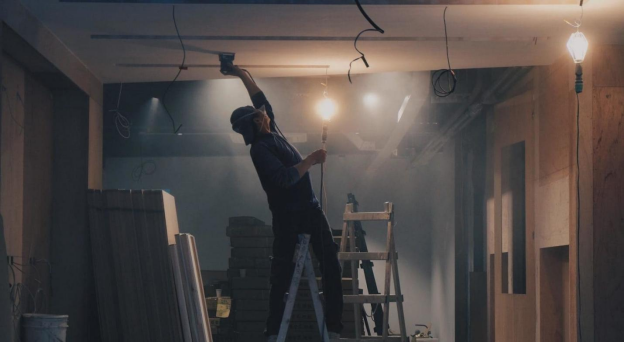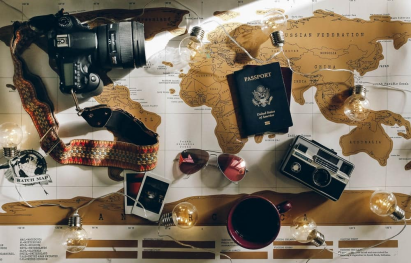The Amazon Counterfeiting Crimes Unit has reached an agreement with the influencers Kelly Fitzpatrick and Sabrina Kelly-Krejci, whom it denounced in November 2020 before the United States District Court for the Western District of Washington for promoting and facilitate the sale of counterfeit luxury fashion items through its platform.
The court has agreed with Amazon and the influencers will now be banned from entering the platform permanently, and must also pay a financial fine for their actions, money that Jeff Bezos' company has promised to donate to charities.
Late last year, Amazon filed a lawsuit against these two influencers, as well as nearly a dozen third-party merchants, for allegedly advertising, promoting, and facilitating the sale of counterfeit products.
Fitzpatrick and Kelly-Krejci reportedly worked alongside these sellers in a sophisticated deception scheme that promoted fake luxury brand products on Instagram, TikTok, and Facebook, and then directed customers to Amazon store product listings that bypassed Amazon tools. platform's anti-counterfeiting platform, reportedly "generic products that did not break the law, while the products shipped to customers would be the counterfeit items promoted on social media," according to a statement sent by the company.
How did they manage to fool users? They showed photos of bags, belts and wallets supposedly from fashion brands such as Gucci or Dior along with 'ordinary products' and claimed that if you ordered the latter you would actually get the items from luxury brands. After placing the order, they sent the imitations. Thus, by disguising counterfeits as 'non-infringing' products, they managed to bypass Amazon's anti-counterfeiting tools.

As I was saying now, Justice has endorsed Amazon's lawsuit and Fitzpatrick and Kelly-Krejci will be 'banned' from the platform. Pursuant to a consent decree, they are prohibited from marketing, advertising, linking, promoting or selling, directly or indirectly, any products of any kind in the Amazon store in the future, without the express written authorization of the company.
Likewise, they must pay an economic amount not determined by the company. That money will be donated to the International Trademark Association's (INTA) 'Unreal' campaign, a consumer awareness initiative to educate 14-23 year olds about the importance of intellectual property rights.
The influencers also agreed to "fully and unconditionally cooperate with Amazon's investigation and legal action against the remaining defendants, as well as suppliers and other bad actors involved in the promotion and sale of counterfeit products," they stress from the Bezos company.
“We are pleased that this settlement has resulted in people acknowledging the harm they have caused, helping us further our investigation and charities benefiting from recovered funds,” said Kebharu Smith, director of the Crime Unit. Fakes from Amazon, adding that "this settlement sends a strong message to potential bad actors that Amazon will find them and hold them fully accountable."
Amazon cracks down on counterfeits
In June 2020, Amazon launched its Counterfeit Crimes Unit, a global team dedicated to going after counterfeiters and holding them accountable to the fullest extent of the law, “including working through the court system and in partnership with law enforcement.” ”, assures the company. Amazon has filed a series of lawsuits against counterfeiters, including joint lawsuits with tech company GoPro, clothing maker HanesBrands and outdoor goods maker YETI.
As they underline, the platform "strictly" prohibits "infringing and counterfeit" products in their store. In the statement, Amazon explains that it uses "industry-leading tools to verify the identities of potential sellers and ensure product listings are authentic" and that its proprietary systems analyze hundreds of unique data points to "verify the information provided." by potential sellers.
Due to these processes, in 2020 only 6% of new seller account registration attempts passed Amazon's robust verification processes and thus had their products listed for sale. Additionally, less than 0.01% of all products sold on Amazon received a counterfeit complaint from customers.
Sign up for our newsletter and receive the latest technology news in your email.




